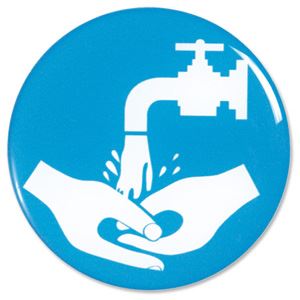Our mother always warns us not to eat outside, not play in the rain and to wash our hands before we eat, doesn’t she? But why? As a mother, she protects her child from getting sick and encourage her kids to be strong and fit by eating healthier and hygiene food.
Health does not simply mean the absence of diseases or physical fitness. The WHO has recently defined health as “a state of complete social, physical and mental well-being and not merely the absence of infirmity or disease.”
Maintaining proper health and hygiene prevents the spread of diseases. Let’s discuss more facts about human health and diseases for class 12.
Also Read: Beriberi
Maintaining good health

There is no substitute for good knowledge about the working of your body which is why we all need doctors so much. A combination of a balanced diet, personal hygiene, and regular exercise is very important to maintain good health. Yoga is also another method through which the health of both mind and body can be maintained. Hygiene is very important for good health. Therefore, we need to wash our hands regularly with a liquid or a soap especially:
- Before eating
- After using toilets
- After playing with pets and touching dirty hands
- After sneezing, coughing and blowing nose.
- Once after coming back from outside.
Maintaining proper hand hygiene helps in preventing organisms from entering our body.
Diseases
When one or more organs or systems of our body are adversely affected, as in their normal functioning is interrupted, we say that we are not healthy i.e., we have a disease. The diseases are normally caused by external organisms (microbes) intersecting the body’s natural barriers and invading into our healthy body. Such organisms can cause havoc if our immune system doesn’t handle it the right away.
Diseases can be broadly grouped into two groups; infectious disease and non-infectious disease.
- Diseases that can be transmitted from one person to another are termed Infectious diseases. Most of the diseases affecting man are infectious diseases which include common cold, throat infections, dysentery, fever, chickenpox, urinary tract infections, etc.
- Diseases that do not spread from person to person are called non-infectious diseases. Cancer is a major non-infectious disease.
Also Read: Scurvy
To learn more about Human Health and Diseases for Class 12, keep visiting BYJU’S website or download BYJU’S app for further reference.

Important topics of human health and diseases chapter